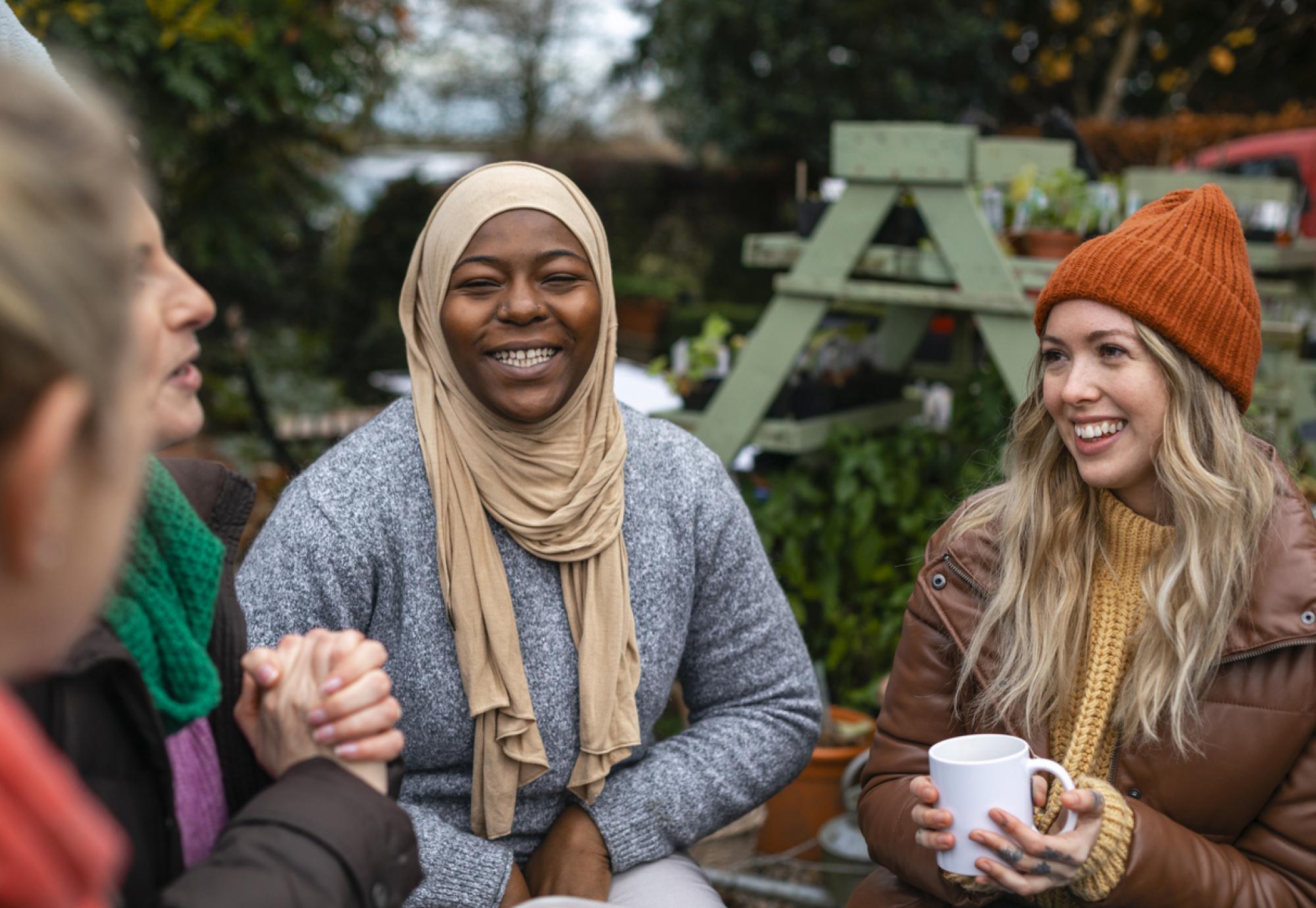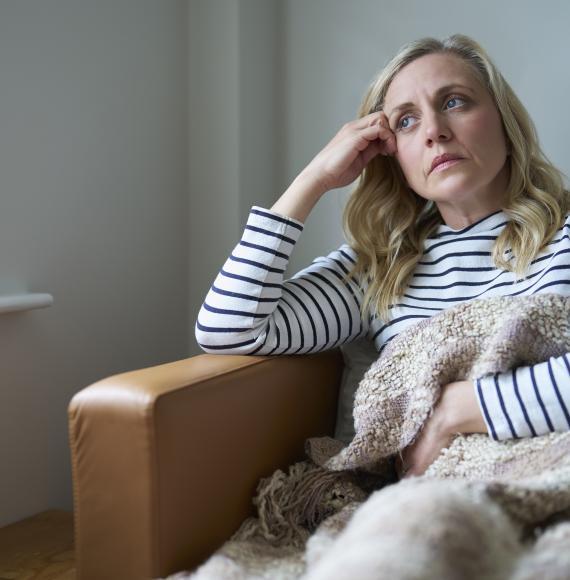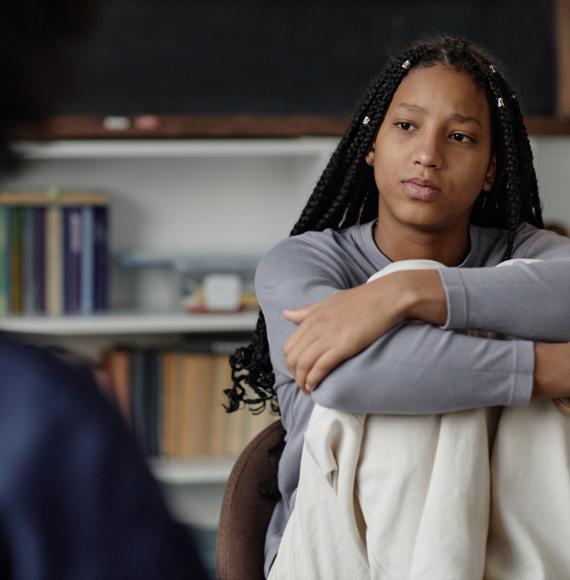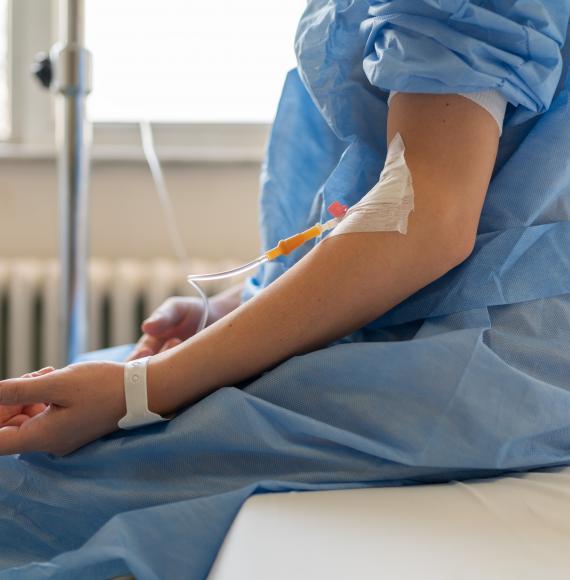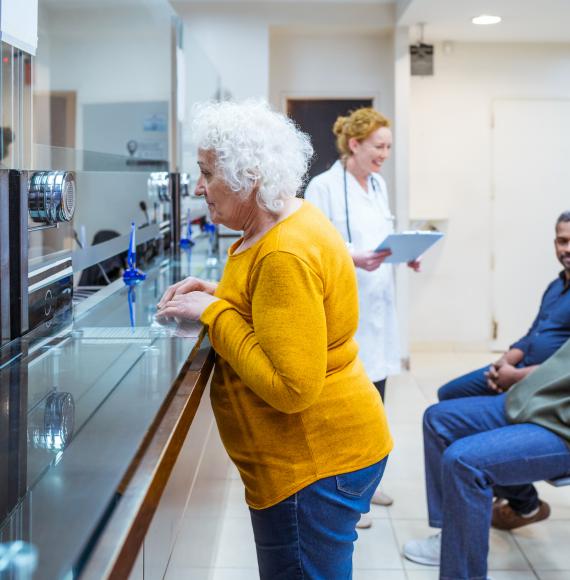New research has helped the health sector get a better view on what matters the most to the 10 different communities accessing and using the various repurposed NHS spaces up and down the country.
The research, which was commissioned by NHS Property Services (NHSPS) and carried out by The Health Creation Alliance, looked into some of the communities most disproportionately affected by health inequalities across the UK.
Mentioned as part of their full report, the aim of this project was to ascertain what it was about the community spaces, and the processes involved in making said spaces available, that helped or hindered communities when creating health. Additionally, the project also tried to identify the common factors that the various communities accessing the spaces valued most about them.
Some of the key findings in the report included how access was an important consideration for many people – whether that be how they get to the venue, how they access the building, or how they manoeuvre around the premises.
Another key outcome was how those accessing the buildings valued multi-functional spaces that cater for a wide range of communities, cultures, and generations – a parent coming for immigration advice, whilst their child takes part in sporting activities at the same venue, for example.
Many groups also felt at ease in calm and welcoming environments that feature sensory and inclusive spaces, as well as an affordable café.
Rhea Horlock, Head of Corporate Social Responsibility, NHSPS, said: “These findings highlight the importance of appropriate space in creating healthier communities. We have already transformed 69 vacant or under-utilised spaces for use by community groups and the provision of non-clinical services as part of our national social prescribing programme.
“As we continue to transform our spaces, we will use the findings to make sure all communities can use NHS spaces to create health in ways that work for them.”
The 10 communities selected were:
- Carers
- People with, or recovering from, drug and alcohol dependency
- Rural communities
- People with a learning disability
- People of Somali origin or heritage
- People with experience of mental iIl-health
- People from the LGBTQ+ community
- Women from South Asian origin or heritage
- Disabled people
- People from the Roma community
Ultimately, the research will inform NHSPS’ social prescribing programme and any future endeavours that also try and create health in the community.
Merron Simpson, Chief Executive of The Health Creation Alliance, said: “Health and wellbeing is enhanced when people and communities gain control over their lives and environments. Gaining access and a sense of ownership of suitable spaces can be a tremendous boost when those spaces are accessible, welcoming and enable people to come together to do the things they love.
“We were delighted to partner with NHSPS to bring forward this research, which shows a huge willingness of different types of communities to share spaces with others to support community cohesion and health creation.”
Read the full report here.

